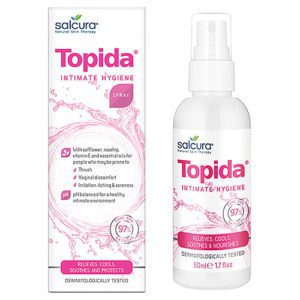

Beginner’s DHA 125ml s 50 servings
£29.99 Original price was: £29.99.£26.99Current price is: £26.99.
Out of stock
Email when stock available
wiley’s DHA
Beginner’s DHA delivers nutrients that support the development of young bodies, including healthy eyes and vital immune function. Featuring MenaQ7, an advanced form of vitamin K2 for optimal bone health.
Since Beginner’s DHA is essential for neurological and visual development, this supplements are thought to enhance brain function and vision in children. In addition, DHA supplements are purported to treat certain health problems in children, such as allergies, asthma, and attention deficit-hyperactivity disorder (ADHD).
May improve symptoms of ADHD
Attention deficit hyperactivity disorder (ADHD) is a common condition linked to symptoms like hyperactivity, impulsiveness, and difficulty focusing (5Trusted Source).
Some research indicates that Beginner’s DHA omega-3 supplements may help decrease ADHD symptoms in children.
A review of 16 studies revealed that omega-3 fatty acids improved memory, attention, learning, impulsivity, and hyperactivity, all of which are often affected by ADHD (6Trusted Source).
A 16-week study in 79 boys showed that taking 1,300 mg of omega-3s daily improved attention in those with and without ADHD (7Trusted Source).
What’s more, a large review of 52 studies concluded that dietary modifications . Fish oil supplements were two of the most promising techniques to reduce ADHD symptoms in children (8Trusted Source).
Could reduce asthma
Asthma is a chronic condition that affects children and adults, causing symptoms like chest pain, breathing difficulties, coughing, and wheezing (9Trusted Source).
Some studies have found that omega-3 fatty acid supplements help relieve these symptoms.
For instance, a 10-month study in 29 children noted that taking a fish-oil capsule containing 120 mg of combined DHA and EPA daily helped decrease symptoms of asthma (10Trusted Source).
Another study in 135 children associated a higher intake of omega-3 fatty acids with a reduction in asthma symptoms caused by indoor air pollution (11Trusted Source).
Other studies reveal a possible link between omega-3 fatty acids and a lower risk of asthma in children (12Trusted Source, 13Trusted Source).
Promotes better sleep
Sleep disturbances affect nearly 4% of children under age 18 (14Trusted Source).
One study in 395 children tied lower blood levels of omega-3 fatty acids to a higher risk of sleep problems. It also found that supplementing with 600 mg of DHA over 16 weeks decreased sleep interruptions and led to nearly 1 more hour of sleep per night (15Trusted Source).
Other research suggests that consuming more omega-3 fatty acids during pregnancy could improve sleep patterns in infants (16Trusted Source, 17Trusted Source).
However, more high-quality studies regarding omega-3s and sleep in children are needed.
Enhances brain health
Emerging research indicates that omega-3 fatty acids may improve brain function and mood in children — in particular, learning, memory, and brain development (18Trusted Source).
In a 6-month study, 183 children who ate a spread high in omega-3 fatty acids experienced improved verbal learning ability and memory (19Trusted Source).
Similarly, a small, 8-week study in 33 boys linked 400–1,200 mg of DHA daily to increased activation of the prefrontal cortex, the region of the brain responsible for attention, impulse control, and planning (20Trusted Source).
Furthermore, several studies suggest that omega-3 fats help prevent depression and mood disorders in children (21Trusted Source, 22Trusted Source, 23Trusted Source).
SUMMARYResearch has found that omega-3 fatty acids may enhance brain health, promote better sleep, and improve ADHD and asthma symptoms.
The side effects of omega-3 supplements, such as fish oil, are generally very mild. The most common ones include (24Trusted Source):
- bad breath
- unpleasant aftertaste
- headache
- heartburn
- stomach upset
- nausea
- diarrhea
Make sure your kid sticks to the recommended dosage to reduce their risk of side effects. You can also start them on a lower dose, increasing gradually to assess tolerance.
Those who are allergic to fish or shellfish should avoid fish oil and other fish-based supplements, such as cod liver oil and krill oil.
Instead, opt for other foods or supplements rich in omega-3s like flaxseed or algal oil.
SUMMARYOmega-3 supplements are linked to mild side effects like bad breath, headaches, and digestive issues. Stick to the recommended dosage and avoid fish-based supplements in cases of fish or shellfish allergies.
Daily needs for omega-3s depend on age and gender. If you’re using supplements, it’s best to follow the instructions on the package.
Notably, ALA is the only omega-3 fatty acid with specific dosage guidelines. The recommended daily intakes for ALA in children are (3):
- 0–12 months: 0.5 grams
- 1–3 years: 0.7 grams
- 4–8 years: 0.9 grams
- Girls 9–13 years: 1.0 grams
- Boys 9–13 years: 1.2 grams
- Girls 14–18 years: 1.1 grams
- Boys 14–18 years: 1.6 grams
Fatty fish, nuts, seeds, and plant oils are all excellent sources of omega-3s. That you can easily add to your child’s diet to boost their intake.
Consider supplements if your child doesn’t regularly eat fish or other foods high in omega-3 fatty acids.
In general, most studies indicate that 120–1,300 mg of combined DHA and EPA per day is beneficial for children (25Trusted Source, 26Trusted Source).
Still, to prevent any adverse effects, it’s best to consult a trusted healthcare professional before starting your child on supplements.
SUMMARYYour child’s Beginner’s DHA omega-3 needs vary by age and gender. Including omega-3-rich foods in their diet can ensure children are meeting their requirements. Before giving them supplements, talk to a medical practitioner.
Omega-3 fatty acids are important for maintaining your child’s overall health.
Omega-3s are especially beneficial for kids’ brain health. They may also aid sleep quality and reduce symptoms of ADHD and asthma.
Providing plenty of foods high in omega-3s can help ensure that your child is meeting their daily needs. If you opt for supplements, it’s best to consult a healthcare professional to ensure proper dosage.


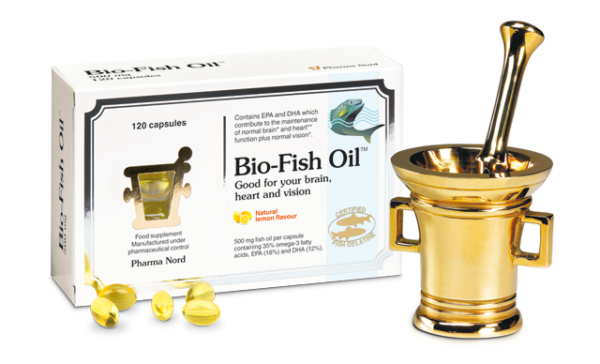
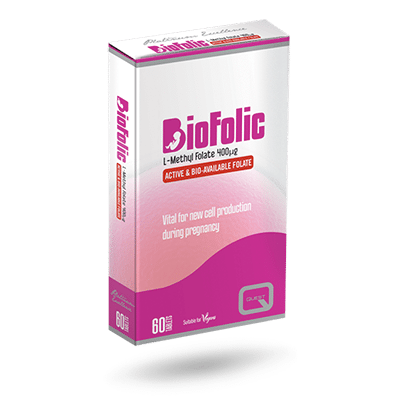
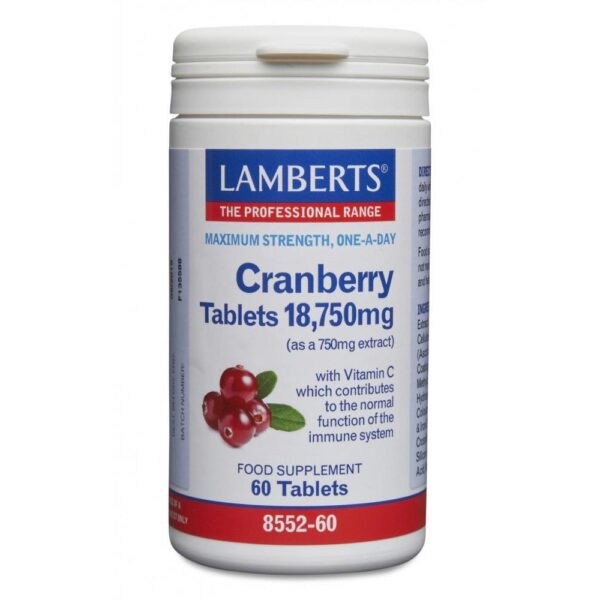
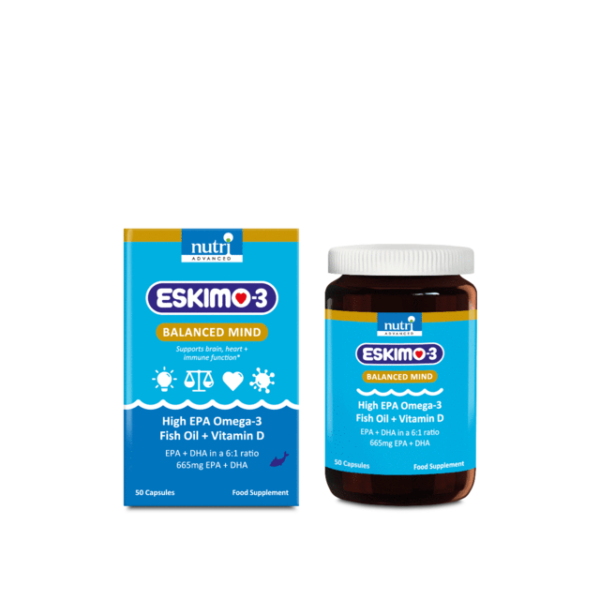
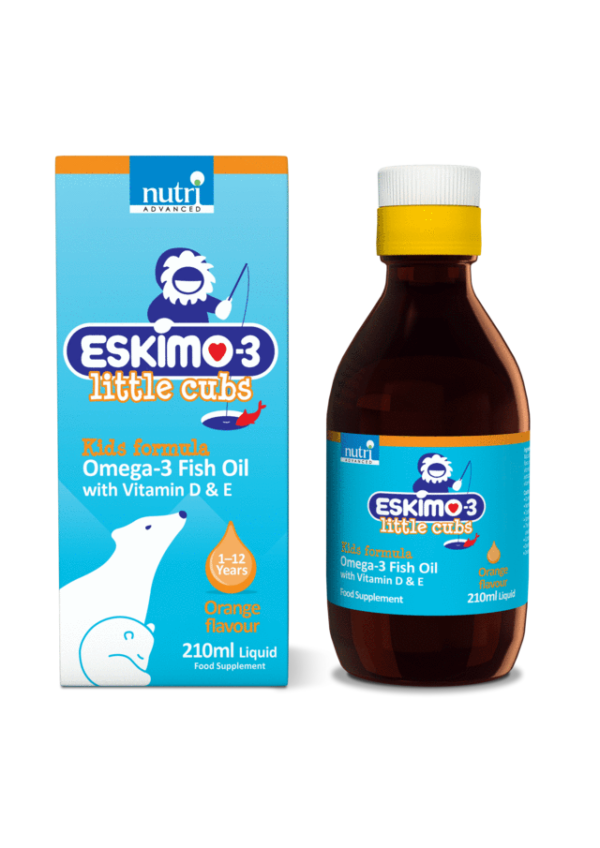
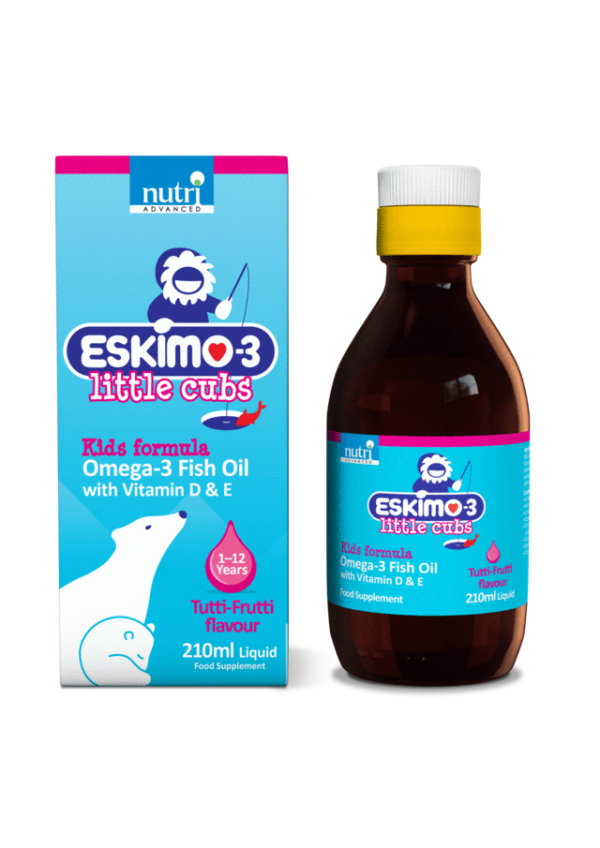






Reviews
There are no reviews yet.